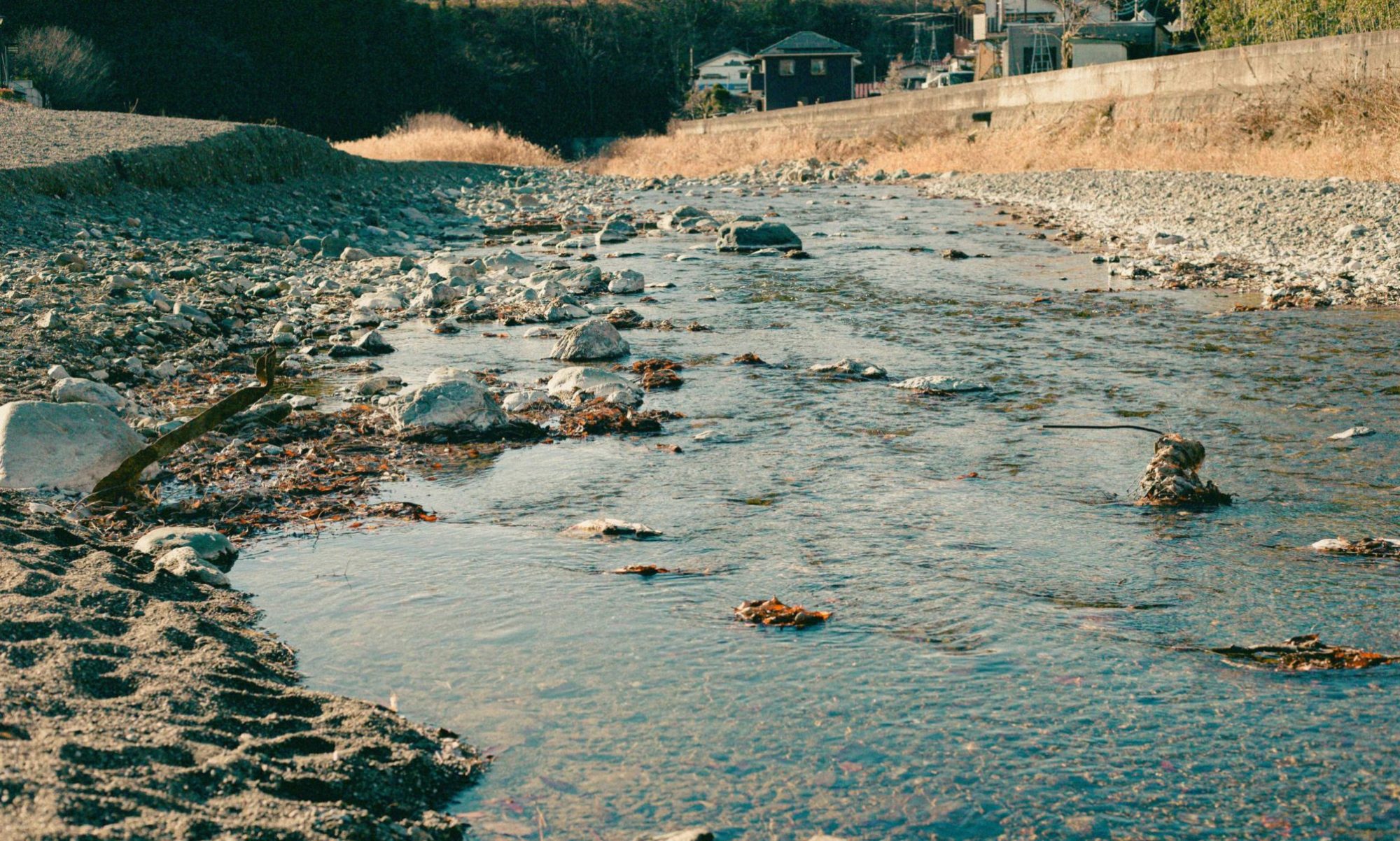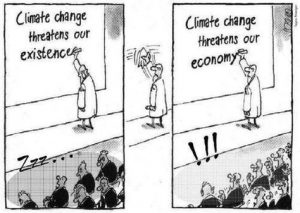Why Trump’s “America First” Is Failing the People It Promised to Serve
(Generated by Grok, October 7, 2025; scroll down for ChatGPT’s take)
 Fellow Americans—especially those of you who voted for Donald Trump because you believed in draining the swamp, putting workers first, and making America great again—let’s talk straight. You didn’t sign up for chaos that hurts your wallet, divides your family, or makes the world laugh at us. Trump promised to learn from the past, unite the country, and deliver results without the elite games. But nine months into this second term, the evidence is piling up: his administration is stumbling into the same traps that sank past leaders, alienating the smart folks who could help, and creating needless disruption that leaves everyday people paying the price.
Fellow Americans—especially those of you who voted for Donald Trump because you believed in draining the swamp, putting workers first, and making America great again—let’s talk straight. You didn’t sign up for chaos that hurts your wallet, divides your family, or makes the world laugh at us. Trump promised to learn from the past, unite the country, and deliver results without the elite games. But nine months into this second term, the evidence is piling up: his administration is stumbling into the same traps that sank past leaders, alienating the smart folks who could help, and creating needless disruption that leaves everyday people paying the price.
This isn’t about “fake news” or “deep state sabotage.” It’s about cold, hard facts—from job losses to skyrocketing costs—that show how “winning” is turning into losing for the working class. If you’re a Trump supporter reading this, stick with me. These aren’t opinions; they’re numbers and stories you can’t dismiss. Because real patriotism means holding leaders accountable when they veer off course, not blindly cheering the wreckage.
1. Betraying the Working Class: Tariffs That Tax the Little Guy, Not the Elites
Remember the rallies? “I’m going to protect American workers from bad trade deals!” Trump thundered. But his blanket tariffs—now hitting everything from steel to consumer goods—aren’t bringing jobs back. They’re killing them. Manufacturing employment has dropped by 33,000 jobs so far in 2025, the steepest decline in years. That’s not “winning” for factory towns in Ohio or Pennsylvania; it’s families scraping by while prices for basics like cars (up $10,000 on average) and groceries climb 18%. Continue reading “Even AI Knows What’s Wrong with America”



